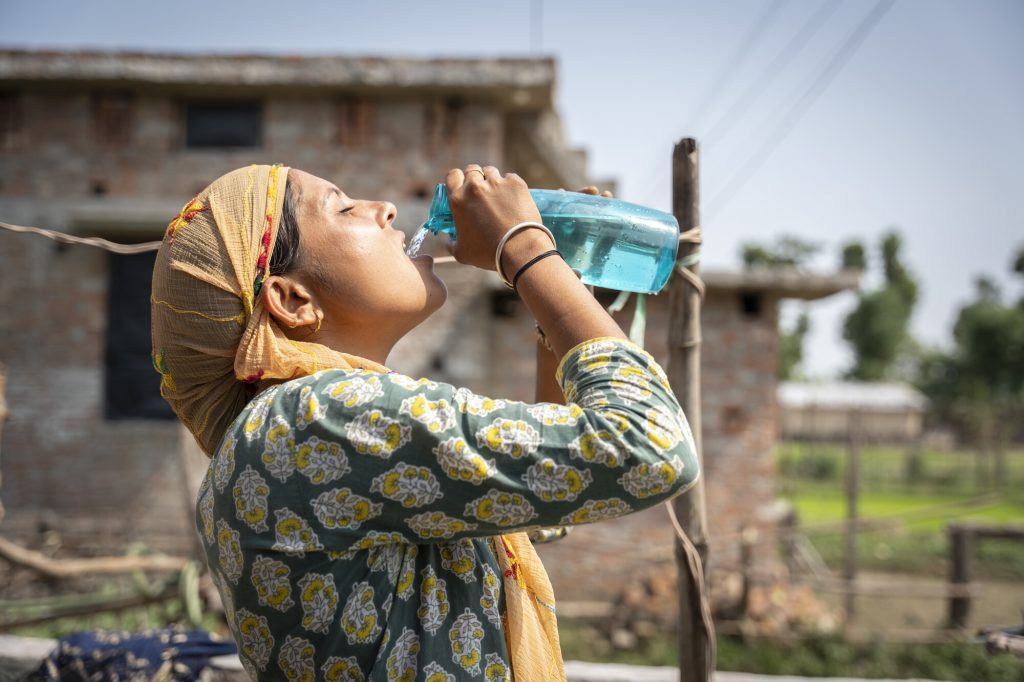Palm oil: The real problem is crystal clear through the haze
by Johan Verburg
Burning forests and land in Indonesia is an annual phenomenon, but this year fires have hit extreme levels and have created a dangerous haze over Singapore and Malaysia.
Satellite imagery shows a significant part of the fires is within palm oil and timber plantations. The Indonesian president has apologized to neighboring nations diplomatically, but others have blamed the problem on Malaysian plantation companies and Singaporean banks. While these companies have a key role to play, the problem can largely be attributed to the enormous global economic pressure on Indonesia’s land for commodities like palm oil.
Palm oil's "success"
Palm oil is a very common product and is in half of the packed products we buy in the supermarket. It brings many economic opportunities to tropical countries who can export the commodity, and Indonesia is the world’s top producer.
Forbes’ 2010 list of the 40 richest Indonesians tells us that the country has 21 billionaires, 16 of whom made their fortunes in palm oil or coal. Clearly, it pays well to clear land for agriculture.
Yet palm oil is expanding at an irresponsible pace. More peat-land was mined for palm oil in Indonesia in a decade than was mined in the Netherlands over a whole century. Burning to clear land for agriculture is illegal in Indonesia, for both big companies as well as small farmers. Yet recent studies showed how economic success is also a danger, for example in Riau, one of the provinces currently at the center of the fires.
Palm oil's problems
The growth of palm oil means land use is changing dramatically in Indonesia. It is resulting in deforestation, lost livelihoods, threats to animals, diminished food security, climate change and land grabs.
Palm oil is the source of large amounts of greenhouse gases, yet some argue that its use in biofuels could make cars carbon neutral. Yet Oxfam and others calculated it would take up to 300 years to compensate the loss of peat-lands by driving with our environmentally friendly fuels.
The majority of palm oil companies have committed to zero burning, respecting land rights, and conserving forests. However, enforcement is not effective and corruption undermines compliance. There are even persistent rumors that small farmers are actually paid to set fire to lands that are subsequently taken over by the big companies.
Roundtable for Sustainable Palm Oil
Companies have a critical role to play. Oxfam has held critically constructive dialogues with companies like Sinar Mas and Sime Darby, who aim to reduce deforestation, land grabs and climate change. We hope they can positively influence their industry peers.
International norms are also incredibly important. Oxfam is a prominent member of the Roundtable for Sustainable Palm Oil (RSPO), which promotes respect for human rights and especially sustainable land use practices.
This week, The RSPO Secretary General condemned negligent activities related to the current haze, and demanded that member companies provide digital maps of their lands in the region so that their activities can be investigated. This may lead to RSPO taking remedial actions against those members, and possibly terminating their membership.
Bold steps from governments, companies and international bodies can help us cut through the smoke and ensure that land is used in sustainable way now and into the future.
Johan Verburg is Oxfam Novib (Netherlands), Private Sector Program Coordinator.
This blog orginally appeared at https://blogs.oxfam.org/

